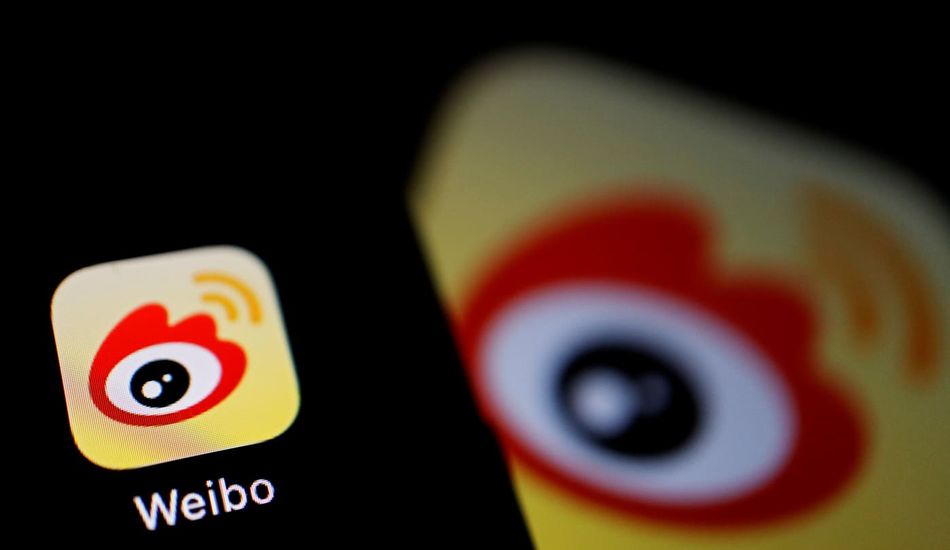
China's Social Media Platforms Now Label AI-Generated Content
So, China's taking a big step to regulate AI-generated content on its major social media platforms. Starting this week, platforms like WeChat, Douyin (the Chinese TikTok), Weibo, and RedNote are all rolling out labels to identify content created using generative AI. This means you'll start seeing tags on posts that include AI-generated text, images, audio, or video.
This move isn't just some random decision. It's actually in response to a new law that aims to keep a closer eye on the ever-increasing amount of AI-created stuff online. Think of it like this: when you see a post, you'll now have a better idea of whether it's genuinely created by a person or if it's the product of an AI. It's like a digital watermark, letting you know the origin of the content.
WeChat, for instance, is requiring users to actively label their AI-generated content. They're also cracking down on anyone trying to mess with or remove those labels. According to WeChat, you can't use AI to spread misinformation or illegal content. I think that is a very important step to maintain content integrity. It makes perfect sense, right? You don't want AI being used to trick people or spread harmful stuff.
Douyin is also on board, urging users to label any posts that include AI-generated material. They're even using metadata to figure out where content comes from. This helps ensure that people are being upfront about using AI. Weibo, on the other hand, has added a reporting feature where users can flag AI content that's missing a label. It's a community effort to keep things transparent.
The law itself was drafted by several agencies, including the Cyberspace Administration of China (CAC), along with the Ministry of Industry and Information Technology, the Ministry of Public Security, and the National Radio and Television Administration. All these agencies understand how important it is to regulate AI. It's a pretty comprehensive effort to get a handle on the rise of generative AI content. And, in April, the CAC even started a three-month campaign to regulate AI apps and services. They're really serious about this.
Now, this isn't just a China thing. Some companies in the US are also starting to use similar labels for AI-generated content. For example, Google's Pixel 10 phones will have C2PA (Coalition for Content Provenance and Authenticity) content credentials built right into the camera app. This means that the phone can verify where the content came from and is also a great initiative!
Ultimately, these labels are about helping people understand what they're seeing online. I belive that it will allow us to distinguish between authentic content and AI-generated content. It's a step towards greater transparency in the digital world, which I think is a good thing for everyone.
Source: Engadget